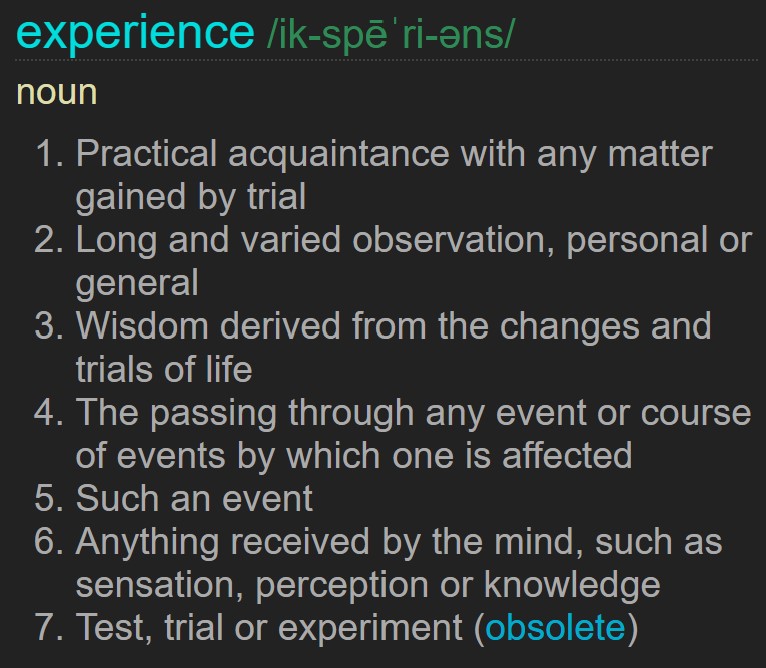The following forms the beginning of the chapter on ‘Experience (anubhava) and its relation to enlightenment’ from my book ‘Confusions in Advaita Vedanta: Knowledge, Experience and Enlightenment’. This is the first volume of a short series addressing common sources of confusion and explaing them using quotations from (principally) scriptures, Shankara, Gaudapada, and Sureshvara.
The Sanskrit term that is interpreted by many modern teachers as ‘experience’ is anubhava. And indeed ‘experience’ is one of the translations given by Monier-Williams, along with the expansion “knowledge gained from personal observation or experiment”. (Ref. 179) But words such as ‘understanding’ and ‘apprehension’ are also given and these are much closer to the intended meaning.
Continue reading



 Maya
Maya